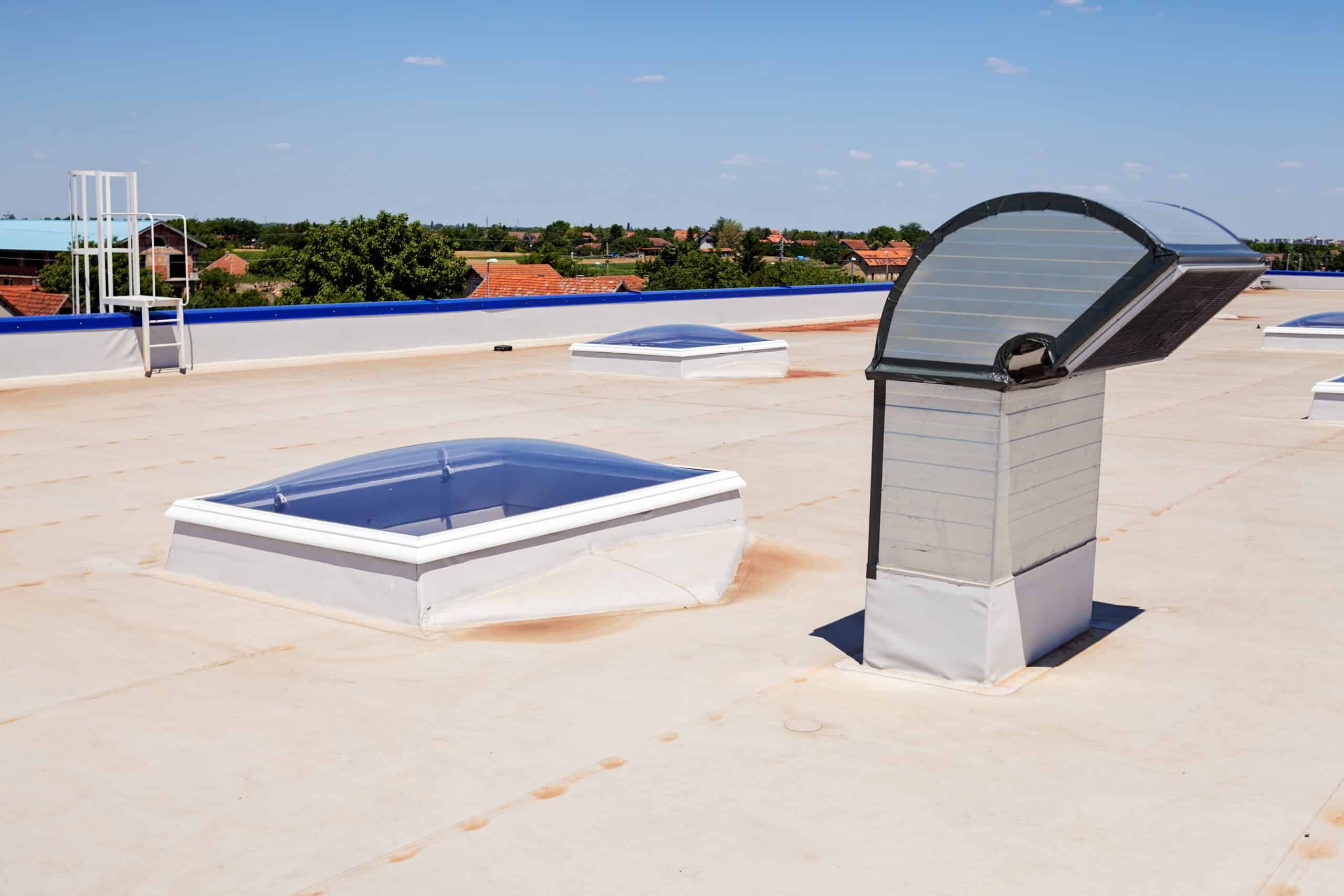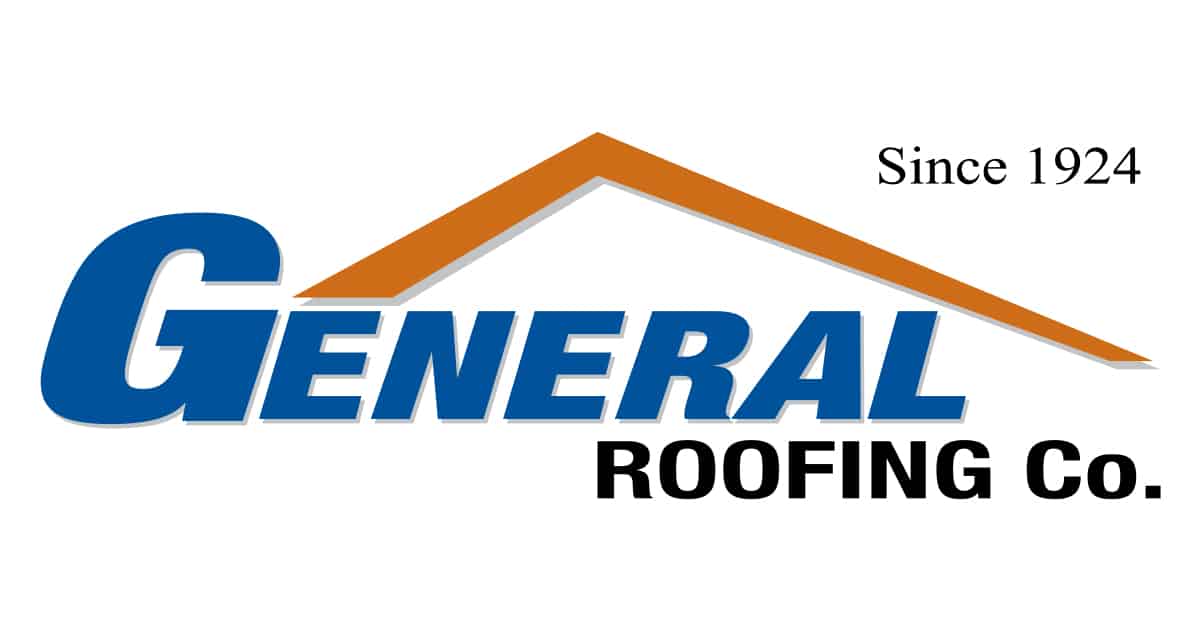
When you think of PVC roofing for your business , your mind probably immediately drifts to those ghastly white pipes that are used in many construction projects because of their durability and reliability. PVC roofing refers to a type of roofing system made from polyvinyl chloride (PVC), a thermoplastic material.
PVC roofing is commonly used in flat or low-slope commercial and industrial roofing applications. It has gained popularity due to its durability, longevity, and ease of maintenance.
In this article, we will explore the benefits and disadvantages of PVC roofing, its applications, and installation process.
If you are not familiar with PVC roofing for industrial or commercial use, don’t worry! We’re going to take a look at what exactly this roofing material solution is, what the benefits are, and more!
Advantages of PVC Roofing
Durability and Longevity
One of the biggest advantages of PVC roofing is its durability. PVC roofs are made to last for decades, with a typical lifespan of 20-30 years or more.
The material is resistant to extreme weather conditions, including high winds, heavy rain, and snow, making it an ideal choice for many businesses and industries.
Energy Efficiency
PVC roofing is energy-efficient and can help to reduce energy costs.
Low Maintenance
Another advantage of PVC roofing is its low maintenance requirements. Unlike other roofing materials, PVC roofs do not require frequent cleaning or repairs. They are easy to clean and maintain, and any necessary repairs can be done quickly and efficiently.
Fire Resistance
PVC roofs are highly fire-resistant, making them a safe choice for many buildings. In the event of a fire, PVC roofs will not ignite or contribute to the spread of the fire.
Environmentally Friendly
PVC roofs are environmentally friendly, as they are made from recycled materials and can be recycled themselves at the end of their lifespan.
In addition, PVC roofs are energy-efficient, reducing the energy required for heating and cooling, and helping to reduce the carbon footprint of a building.
Disadvantages of PVC Roofing
Expense
While PVC roofing offers many benefits, it can be more expensive than other roofing materials, particularly for larger buildings.
The initial investment in a PVC roof may be higher, but the long-term savings in maintenance and energy costs can offset this expense over time.
Sensitivity to UV Light
PVC roofs are sensitive to UV light and can become brittle and crack over time if exposed to direct sunlight for extended periods.
This can be mitigated by using UV-resistant coatings or by installing the roof in a location that is shaded from direct sunlight.
Applications of PVC Roofing
PVC roofing is commonly used in flat or low-slope commercial and industrial roofing applications. Some of the most common applications include:
- Warehouse roofs
- Factory roofs
- Office building roofs
- Retail space roofs
- Hospitals and healthcare facilities roofs
- Government buildings roofs
Installation Process
The installation process for PVC roofing can be complex and requires specialized training and experience.
It is important to work with a professional roofing contractor who has experience installing PVC roofs. The installation process typically involves the following steps:
-
Preparation of the roof surface: This includes cleaning the roof surface, making any necessary repairs, and ensuring that the surface is flat and level.
-
Installation of insulation: Insulation is installed on top of the roof surface to provide added protection against heat loss and to improve energy efficiency.
-
Installation of the PVC membrane: The PVC membrane is unrolled and cut to size, then secured to the roof surface using mechanical fasteners or adhesive.
-
Sealing of seams: The seams between the panels are sealed using special tape or adhesive to prevent water from entering the building.
-
Final inspection: The completed roof is inspected to ensure that it has been installed correctly and to check for any defects or problems.
Conclusion
PVC roofing is a durable, low-maintenance, and environmentally friendly roofing solution for flat or low-slope commercial and industrial buildings. While it may be more expensive initially, the long-term savings in maintenance and energy costs can make it a wise investment.
When installing a PVC roof, it is important to work with a professional roofing contractor who has experience installing PVC roofs to ensure a successful and long-lasting installation.
Ready to have your PVC Roof installed? Contact our roofing professionals to schedule a consultation.

Recent Comments